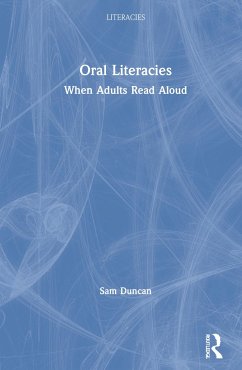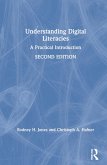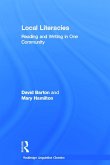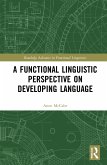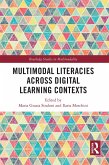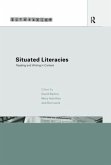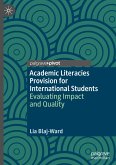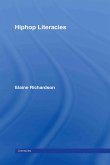This is the first book to focus exclusively on an examination of early 21st-century adult reading aloud. The dominant contemporary image of reading in much of the world is that of a silent, solitary activity. This book challenges this dominant discourse, acknowledging the diversity of reading practices that adults perform or experience in different communities, languages, contexts and phases of our lives, outlining potential educational implications and next steps for literacy teaching and research. By documenting and analysing the diversity of oral reading practices that adults take part in (on- and offline), this book explores contemporary reading aloud as hugely varied, often invisible and yet quietly ubiquitous. Duncan discusses questions such as: What, where, how and why do adults read aloud, or listen to others reading? How do couples, families and groups use oral reading as a way of being together? When and why do adults read aloud at work? And why do some people read aloud in languages they may not speak or understand? This book is key reading for advanced students, researchers and scholars of literacy practices and literacy education within education, applied linguistics and related areas.
Hinweis: Dieser Artikel kann nur an eine deutsche Lieferadresse ausgeliefert werden.
Hinweis: Dieser Artikel kann nur an eine deutsche Lieferadresse ausgeliefert werden.
'Oral Literacies is a rich exploration of the complex nature of reading and writing as mobile, embodied, and multimodal. Duncan provides both detailed documentation and nuanced analysis of the wide range of social practices involved in reading aloud that are too often overlooked in literacy research. She complicates the seeming paradox of the concepts in the title to demonstrate the interanimating relationships of speech and text across daily life.'
Bronwyn T. Williams, University of Louisville, USA
Bronwyn T. Williams, University of Louisville, USA
'Oral Literacies is a rich exploration of the complex nature of reading and writing as mobile, embodied, and multimodal. Duncan provides both detailed documentation and nuanced analysis of the wide range of social practices involved in reading aloud that are too often overlooked in literacy research. She complicates the seeming paradox of the concepts in the title to demonstrate the interanimating relationships of speech and text across daily life.'
Bronwyn T. Williams, University of Louisville, USA
Bronwyn T. Williams, University of Louisville, USA

